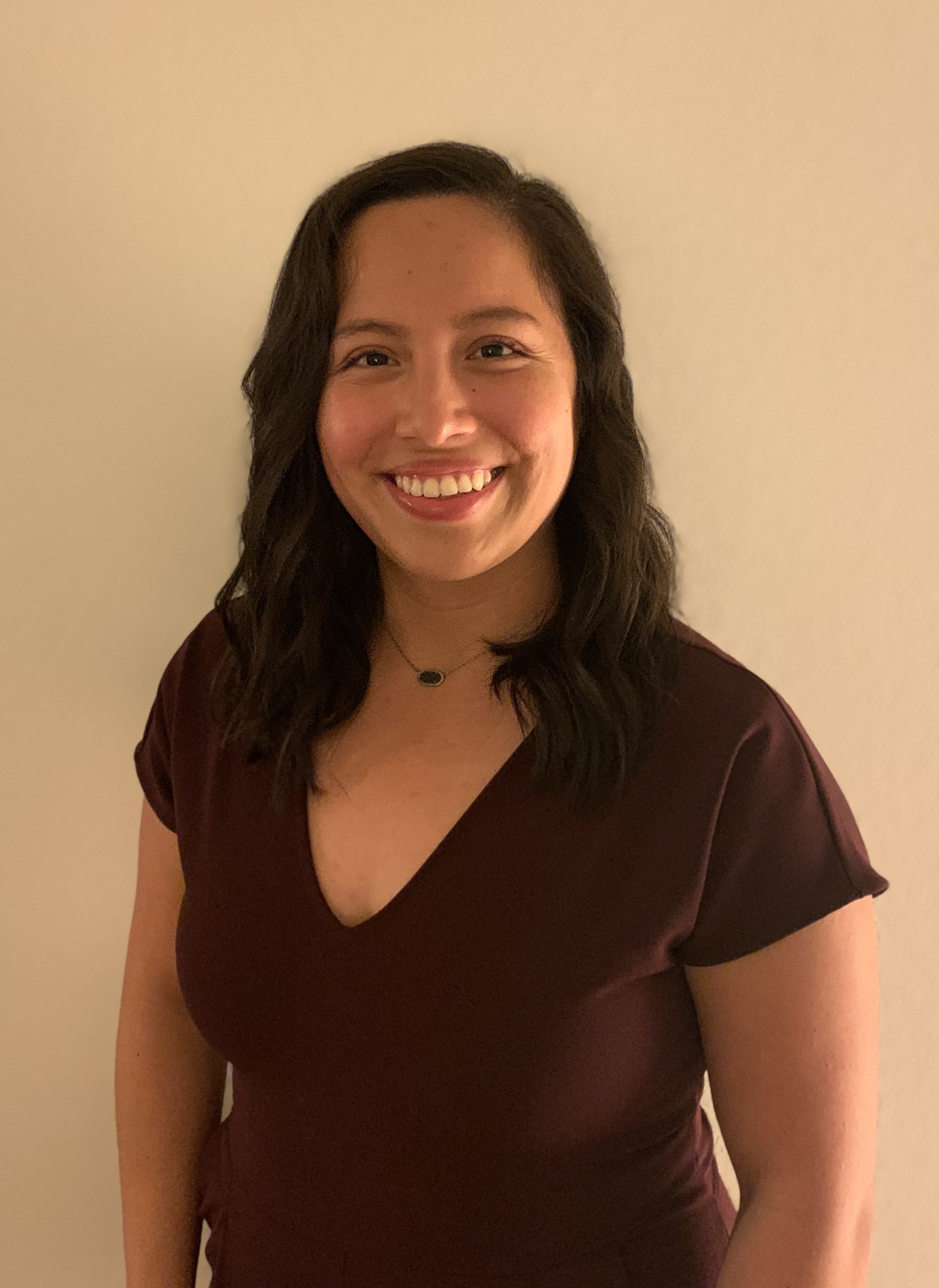Posted on January 9, 2022 by Amanda Cerreto
January 10, 2022 - University Hospital in San Antonio is one of the largest hospitals in the city, encompassing hundreds of departments and specialties. At University Transplant Institute, staff includes doctors, surgeons, RNs and dietitians. Rosalynda Rodea '19 is one of the four transplant dietitians assisting patients and donors during their arduous transplant journeys.
 Rodea serves as an outpatient dietitian for the Institute, which handles kidney, liver and lung transplants. She was originally placed with the Institute as part of her clinical rotations with the Nutrition and Dietetics program at UTSA, and leveraged that experience into full-time employment.
Rodea serves as an outpatient dietitian for the Institute, which handles kidney, liver and lung transplants. She was originally placed with the Institute as part of her clinical rotations with the Nutrition and Dietetics program at UTSA, and leveraged that experience into full-time employment.
"The UTSA Coordinated Program in Dietetics really provided me with a multitude of experiences," Rodea said. "And once I got the job here, I was given even more opportunities to succeed."
Rodea's day to day workload is heavy and fast-paced. Part of her duties include performing nutrition evaluations for three different groups of transplant recipients, as well as conducting nutrition assessments for potential living donors.
Each donor and recipient have very different and individualized nutrition needs - and the wait times can sometimes be too long. Rodea and her team are looking to improve that.
“In our area specifically, one of the main barriers to organ donation are certain health risks, such as fatty liver, mildly elevated blood pressure and blood sugar or not meeting the BMI criteria.” she said. “So we really try to focus on prevention or improving current health issues.”
A method to decrease the wait time for transplant recipients includes increasing the pool of living donors. In order to enroll healthy participants who are eligible to donate, Rodea and her team are in the process of developing a program with the intention educate and incorporate healthier lifestyle changes.
“Smart Bytes for Life is a program that not only targets weight loss to increase the pool of donors, but also aims to implement long term diet and behavior change adherence,” she said. “The overall goal is to improve donor outcomes and also increase the number of living donors.”
Another crucial part of Rodea's job is to work with recipients post-transplant to ensure proper nutrition guidelines are being met in order for a successful recovery.
“One of the things I love about outpatient work is that I have more time to spend with the patient,” Rodea said. “Essentially, my aim is to help empower them to make decisions that are in their best interests.”
Although her job is far from easy, and has its stressful moments, Rodea credits UTSA with giving her the foundation she needed to impact the lives of people in her community. Her undergraduate degree in community health gave her the springboard necessary to move into the competitive dietetics program, where she flourished and experienced all of the aspects of community health.
“I would encourage students to keep showing up and take every opportunity they can,” Rodea said. “I was able to get a job that I find so fulfilling because of my rotations and the opportunities I took advantage of.”
For Rodea, her job as a transplant dietitian combines her passions for community health, prevention and being a force for change in the lives of her neighbors.
“In community health, one of the main lessons was learning the different levels of prevention,” she said. “As a dietitian, and in this position, you’re able to address all three of those levels. It's extremely rewarding.”

